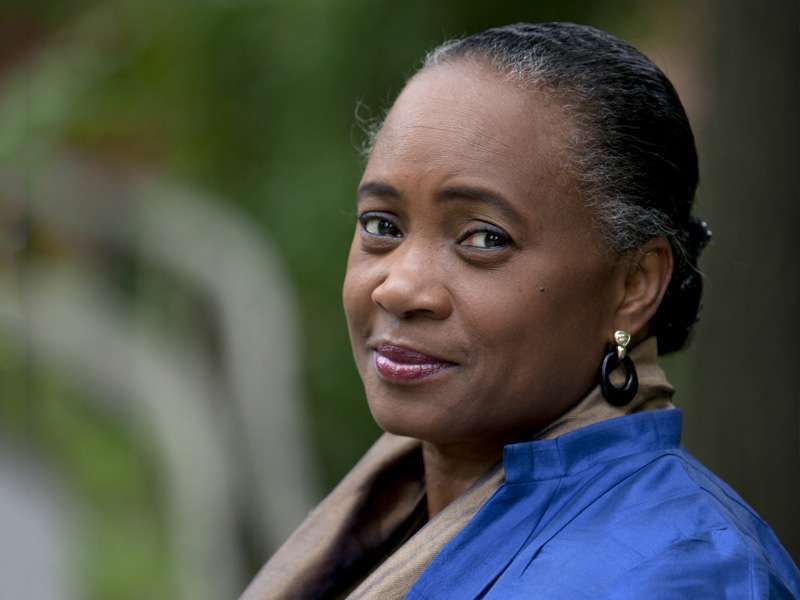Somali humanitarian "Mama" Hawa wins 2012 Nansen Refugee Award
The former refugee is recognized for her exceptional and inspiring work for Somalia's refugee and displaced girls and women under tough circumstances.

Nansen Refugee Award winner Mama Hawa addresses a group of internally displaced women in the Halabokhad settlement, Galkayo. © UNHCR/F.Juez
GENEVA, September 18 (UNHCR) - The UN refugee agency announced on Tuesday that this year's Nansen Refugee Award goes to humanitarian Hawa Aden Mohamed for her exceptional, tireless and inspiring work for Somalia's refugee and displaced girls and women.
UNHCR spokeswoman Melissa Fleming said in Geneva that the 63-year-old former Somali refugee, who heads the Galkayo Education Centre for Peace and Development (GECPD) in Puntland, north-eastern Somalia, had "carried out her important work under incredibly difficult and challenging circumstances in a country battered by decades of violence, conflict and human rights abuses,"
In 1954, UNHCR established the Nansen Refugee Award to promote global interest in refugees and to keep alive the spirit of Fridtjof Nansen, the first high commissioner for refugees in the League of Nations period. To date, the Nansen Refugee Award Committee has awarded 68 Nansen Medals to individuals, groups or organizations.
This year's laureate is a former refugee who chose to return to her war-torn homeland in 1995, where she launched an ambitious education programme to assist those uprooted by the nation's persistent conflict and recurring droughts. In particular, her visionary work has transformed the lives of thousands of displaced women and girls, who are among the most vulnerable members of Somali society and, in many cases, are grappling with the trauma of marginalization, abuse and sexual violence, including rape.
"When Hawa Aden Mohamed rescues a displaced girl, a life is turned around," said UN High Commissioner for Refugees António Guterres. "Today, we are saluting her for her work to save, nurture and educate hundreds of women and girls, many [of them] victims of the worst kind of violence."
More than two decades of conflict have ripped Somali society apart, forcing over 2 million Somalis to seek safety and shelter either elsewhere inside the country or beyond Somalia's borders. This was exacerbated by last year's drought and ensuing famine, which uprooted an additional half million people.
Hawa Aden Mohamed, who has come to be known in Galkayo as "Mama" Hawa, has created spaces where displaced women and girls, victims of all sorts of abuse and violence, can find safety, opportunity and be protected and sheltered. Her work stems from a belief that education lies at the root of everything, especially for girls.
"I think not having education is a kind of disease," said Mama Hawa. "Without education, you are unaware of so many things . . . Without education you do not exist much - physically yes, but mentally and emotionally, you do not exist."
The centre she founded and continues to manage provides secondary education as well as vocational training, so that women and girls can make a living on their own, and themselves influence their future and their own role in Somali society. "It's time for the culture to change," she said. "We need to keep the good and let go of the bad. And the good is to empower the girl."
Mama Hawa is also a vocal campaigner for women's rights, particularly opposing female genital mutilation (FGM). Her sister died from an infection after she was circumcised at about the age of seven. In addition to advocacy, Mama Hawa's centre provides counselling for circumcised women and girls and survivors of gender-based violence. Every year, some 180 women benefit from these programmes and many lives are saved.
UNHCR Special Envoy Angelina Jolie congratulated the 2012 winner; "Hawa Aden Mohamed is a woman of courage. She has devoted her life to advancing the education and well-being of Somali displaced women and girls, providing them with the skills, knowledge and vision they need to create a better future for their families and their country."
She said Mama Hawa had demonstrated the strength that refugees bring to society and added that "Madam Hawa has proven that, even in the most difficult circumstances, every child can and should have a chance to learn. She has changed the lives of so many, giving them the opportunity to become teachers and leaders - the very ones who will help to rebuild Somalia one day. Madam Hawa's courage and commitment serve as a beacon to all humanitarians striving to assist and protect refugees worldwide."
The GECPD also provides vocational training in carpentry and welding to help keep displaced boys off the streets and prevent them from falling into the clutches of criminal or armed groups in Somalia.
On learning that she was to receive this year's Nansen Refugee Award, Mama Hawa said, "I am humbled by the committee's decision to bestow upon me this great honour. Yet I do not consider it recognition of my personal efforts alone, but also my colleagues at GECPD, the international community that supports our work, and the community. lt is for this reason that I am dedicating the same award to them."
Since its establishment in 1999, the GECPD with Mama Hawa at its helm has assisted more than 215,000 people - displaced, victims and survivors of violence - to recover and heal and restart their lives. Somalia remains one of the worst humanitarian crises in the world. In addition to the millions of refugees displaced in surrounding countries, more than 1.3 million Somalis are internally displaced. This means that a third of Somalia's estimated 7.5 million population is forcibly displaced.

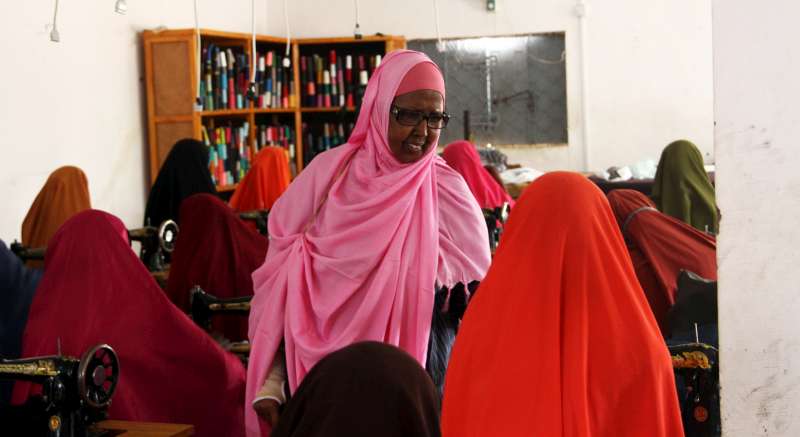
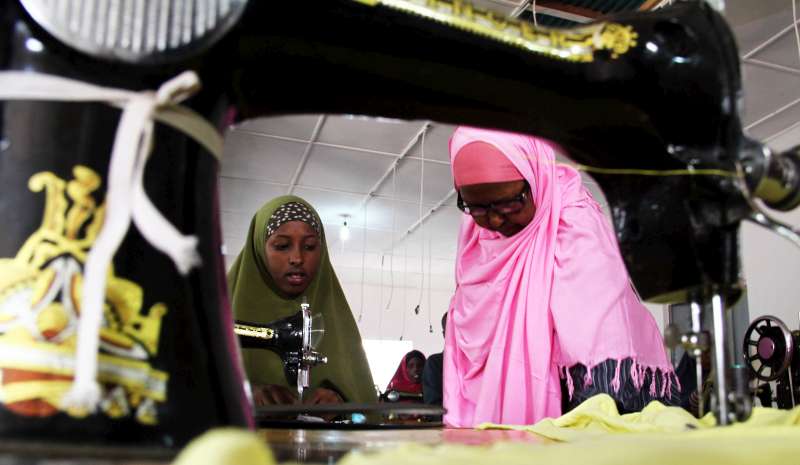
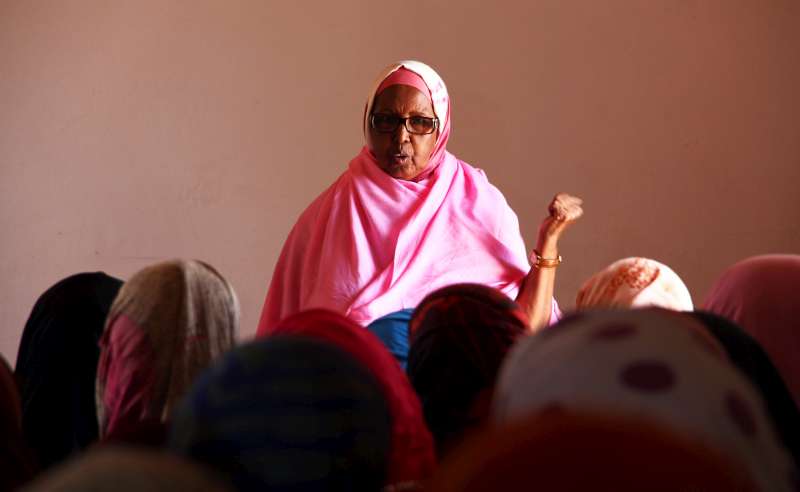
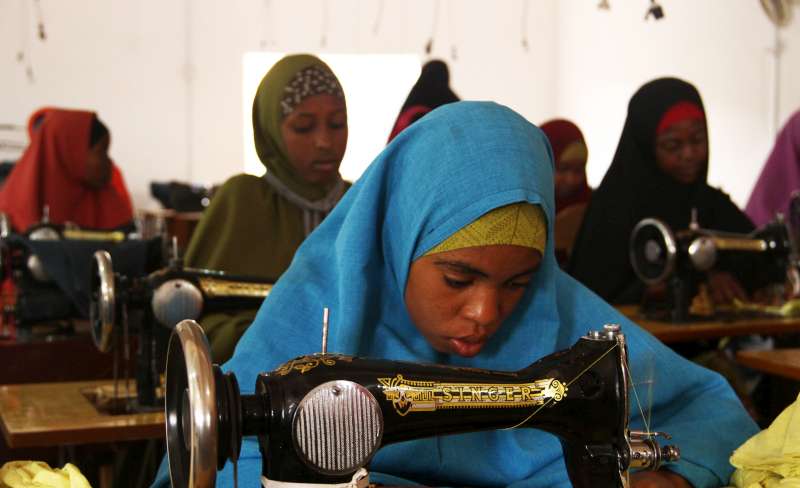
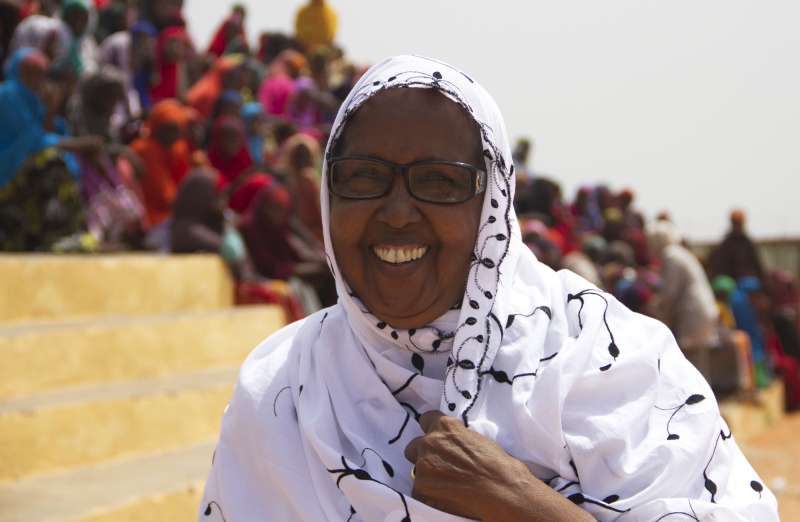
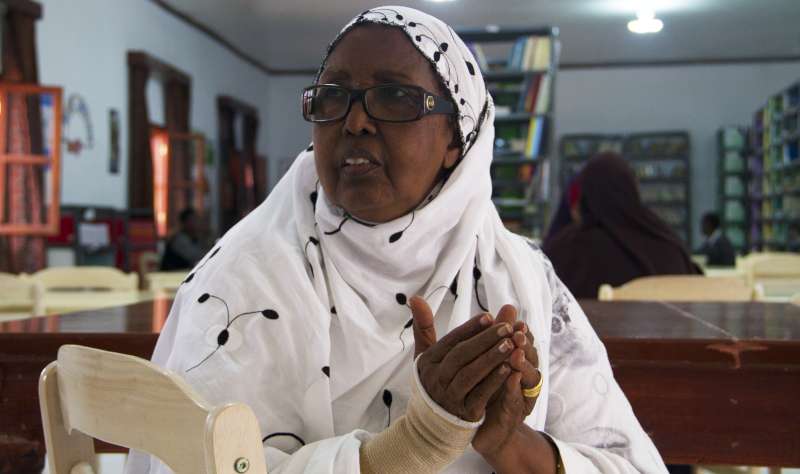
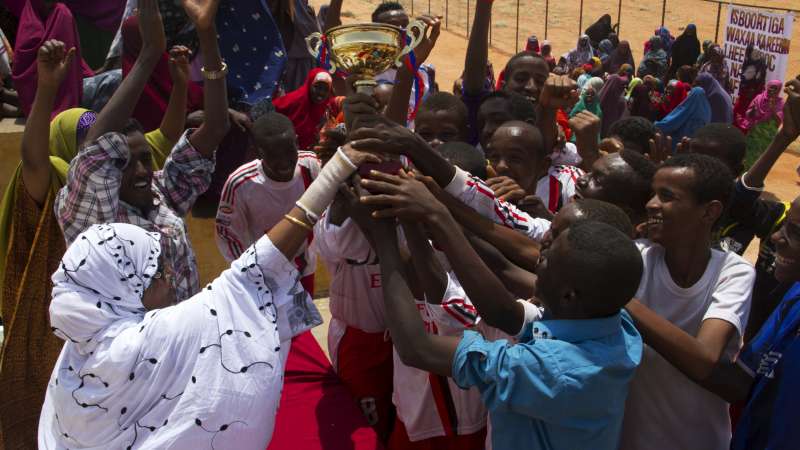
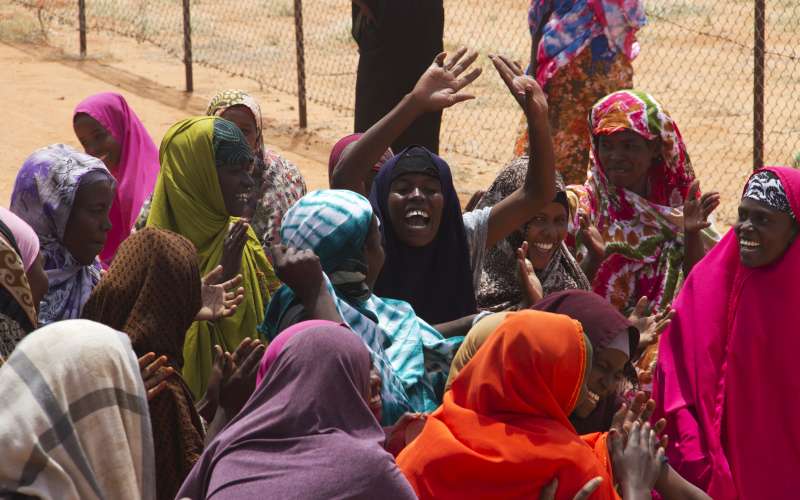
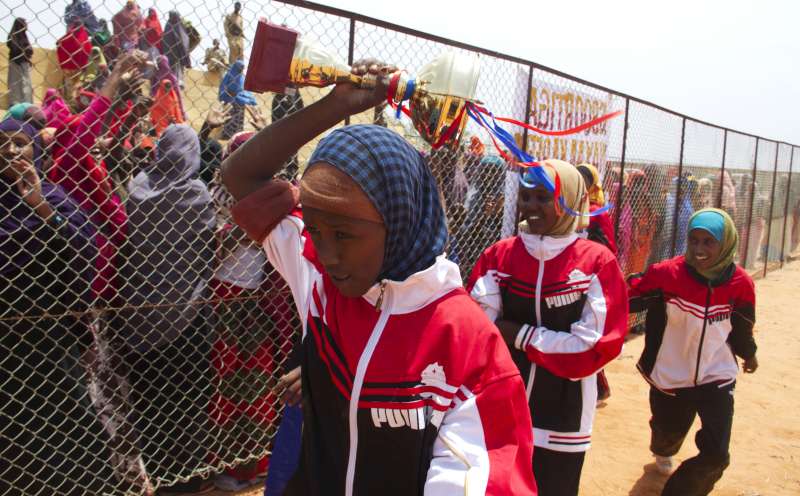
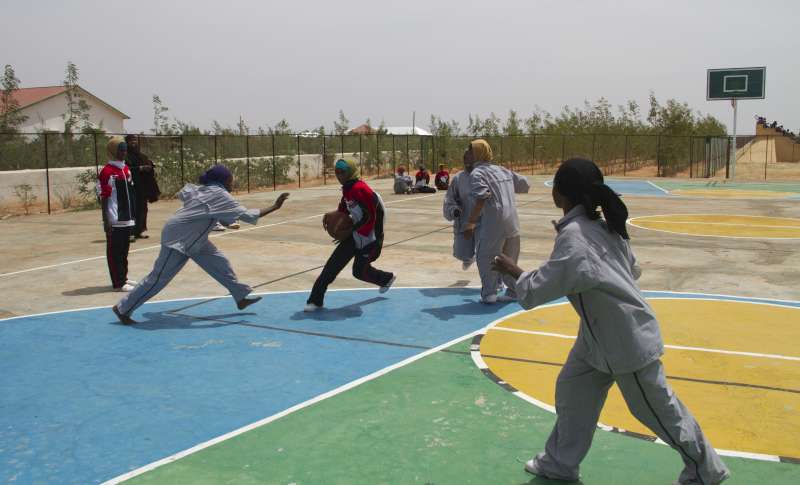
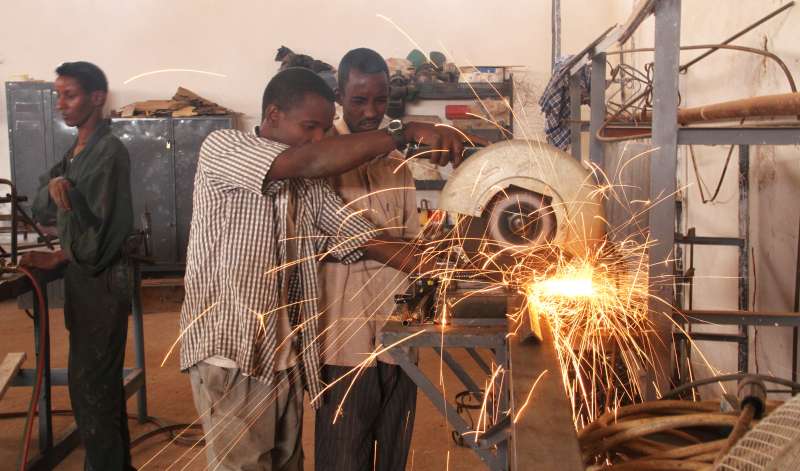
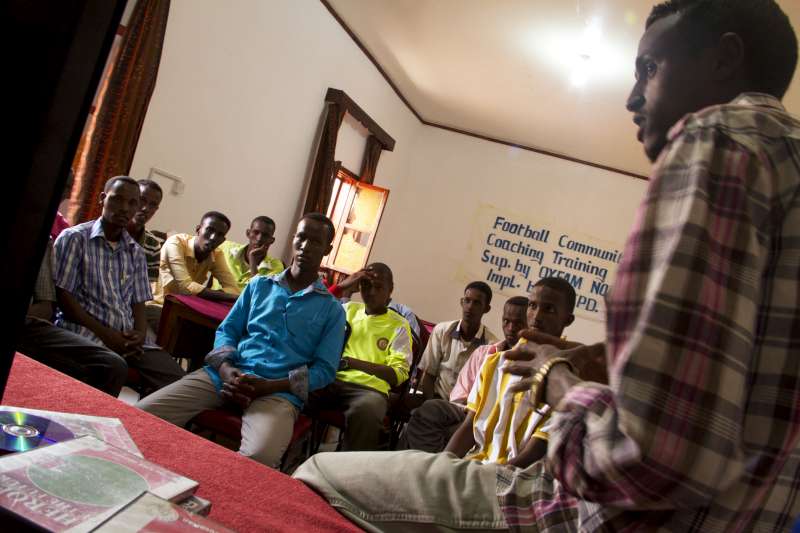
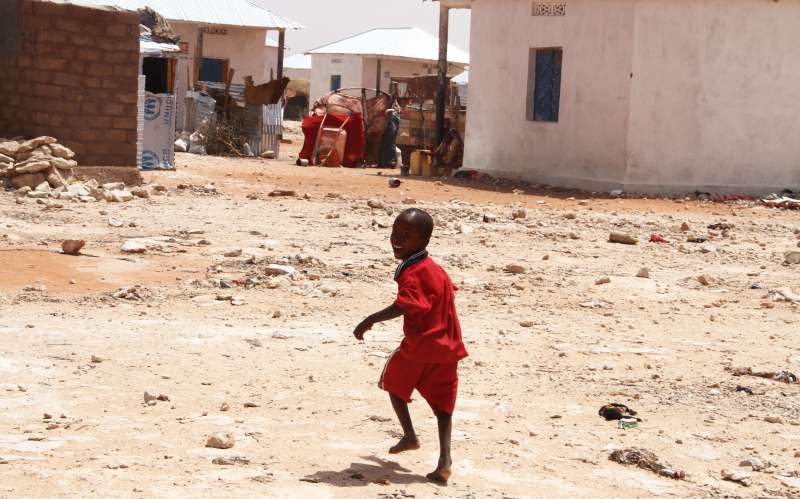
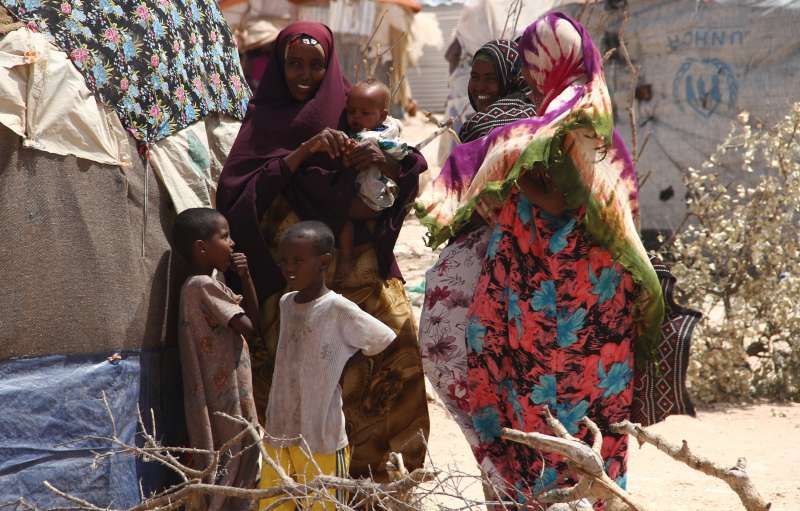
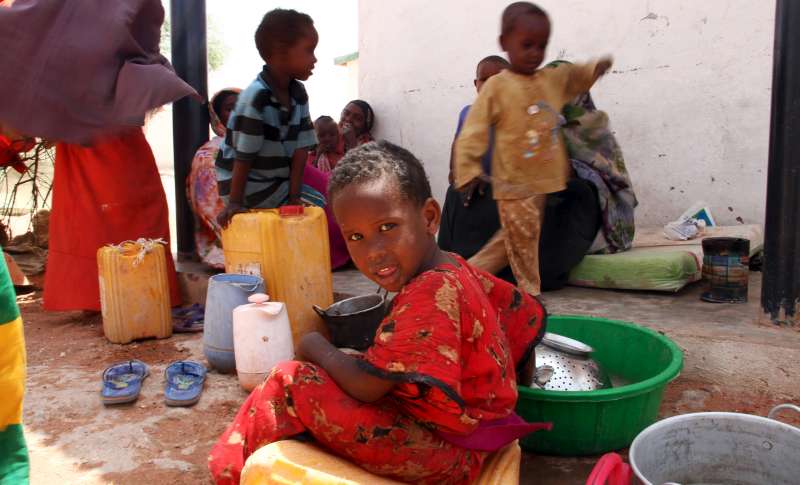
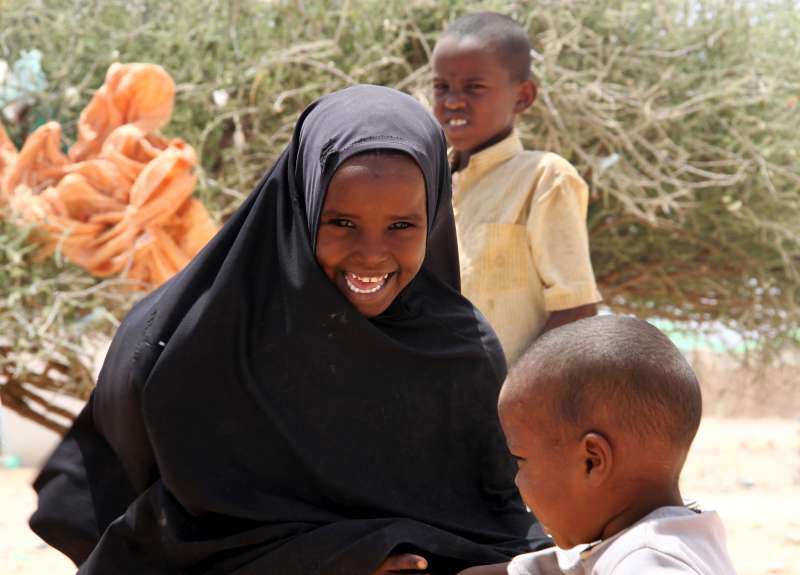
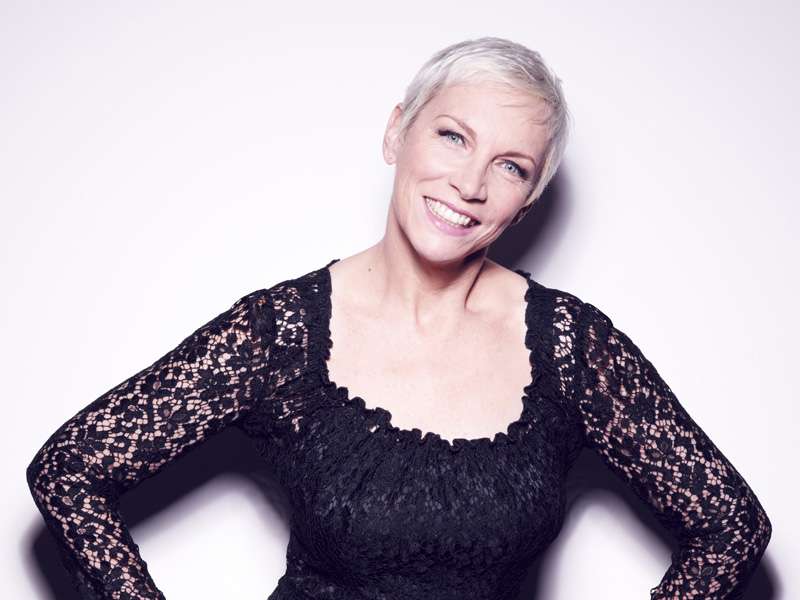
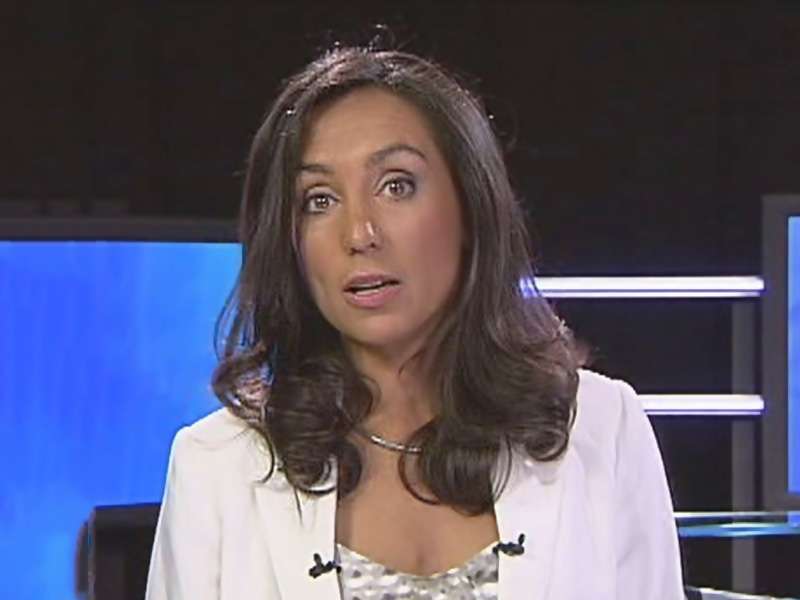
![Liberia's violent second civil war [1999-2003] was heavily directed against women. Madam Leymah Gbowee helped lead the Women of Liberia Mass Action for Peace movement. Pressure orchestrated by the movement directly forced then President Charles Taylor into exile, triggered the resumption of peace talks, and paved the way for Africa's first female head of state. For her work, Gbowee shared the Nobel Peace Prize in 2011 with Liberian President Ellen Johnson Sirleaf and Yemeni activist Tawakkul Karman.](/20160922042947im_/http://www.unhcr.org/thumb1/504470266.jpg)
